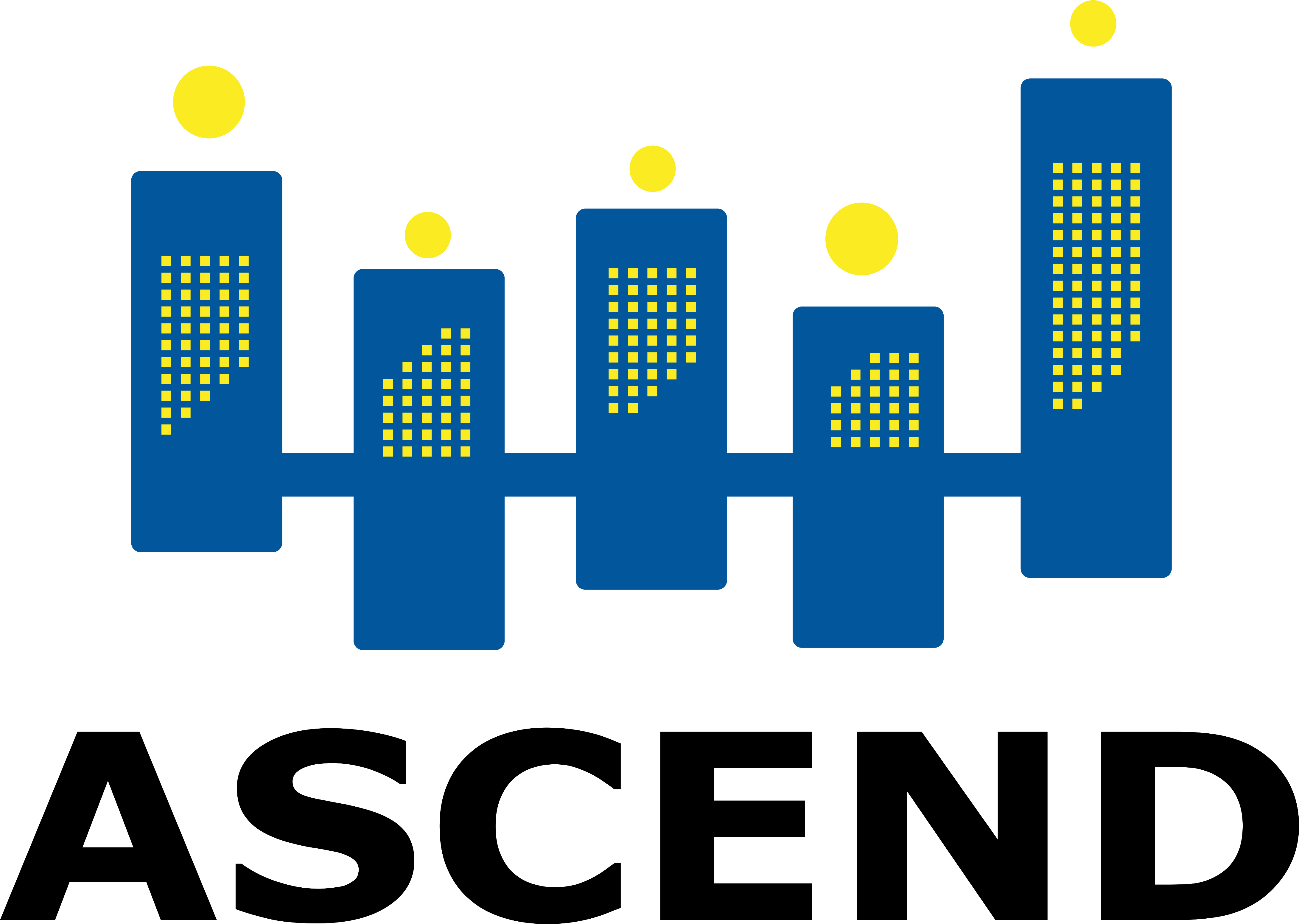ASCEND participated in the Back to the Future session organised by the Scalable Cities Secretariat on 5 November at the Smart City Expo and World Congress in Barcelona, Spain. The session explored the evolution of the smart cities community, tracing the journey from projects to the ambitious goal of implementing 100 climate-neutral cities. The panel featured case studies from ASCEND, NEUTRALPATH and RESPONSE.
Philippe Fournand from ASCEND, the Scalable Cities Secretariat and Blue-Sight Conseil opened the session with an overview of the Scalable Cities community’s goals and milestones. He began by tracing the origins of the smart cities movement back to 2014, when the European Union launched its first call for projects, which initially included just seven initiatives. Over time, this initiative has grown significantly, now encompassing 20 projects and 124 cities across Europe. Philippe underscored the vital role of involving a diverse range of stakeholders, particularly through the quadruple helix model, which fosters collaboration between the public and private sectors, academia, and local communities. This collaborative approach has led to the creation of a thriving network of cities, all working together to share insights, address common challenges, and drive innovative solutions—paving the way for achieving climate neutrality by 2030.
Representing the ASCEND project, Adeeb Sidani from Porto Digital outlined Porto's strategy for achieving its climate goals as an ASCEND multiplier city. He highlighted how Porto has established clear, actionable targets and actively pursues solutions by applying to projects that support the acceleration of these goals. A key focus of Porto's efforts is understanding local energy consumption patterns to develop practical solutions that enhance residents' quality of life. Additionally, Porto has made significant strides in installing electric vehicle (EV) chargers and upgrading road infrastructure to further its sustainability efforts.
Anh Minh Vu from the City of Dresden and the NEUTRALPATH project shared insights into Dresden’s Integrated Energy and Climate Protection Concept, a strategy developed through the NEUTRALPATH initiative. The Concept outlines five core priorities, with a strong focus on transitioning to renewable energy for heating and electricity. In his presentation, Anh Minh Vu stressed the critical role of data collection and knowledge generation, as well as the effective use of available resources, to develop actionable business models that can drive smart city solutions.
Hadrien Rouchette from Dijon Métropole then shared insights from the RESPONSE project, highlighting the ongoing efforts to build a robust local ecosystem and addressing the challenges the metropole faces in executing its climate plan. Dijon is currently developing two Positive Energy Districts in the Fontaine d’Ouche and the CHU Université. The city has also been selected to join the European Union’s NetZeroCities initiative. As part of this initiative, Dijon is piloting the FAAST-NZ (Facilitate trAnsition Actions maSSification Towards Net-Zero) pilot project, which aims to establish a "Massification Operator." This innovative governance model, involving multiple stakeholders, is designed to coordinate and streamline the operational planning and execution of the city's transition projects, helping to accelerate progress toward net-zero.
In conclusion, the session showcased the best practices and strategies that are propelling the success of smart city initiatives across Europe. The panellists shared invaluable insights drawn from their real-world experiences, offering a clear picture of what works in driving change. As the panellists remarked, people are the essential catalyst for success, with community and stakeholder engagement playing a pivotal role in advancing the smart city agenda. Reflecting on the broader shift, Philippe also highlighted the importance of scaling and replication, stating, "The shift from pilot projects to scaling and replicating solutions marks a raised level of ambition. We are no longer testing—we are expanding proven concepts to reach more cities."
We look forward to continuing these important conversations with the smart cities community so that we can drive progress in the development of Positive Clean Energy Districts!

